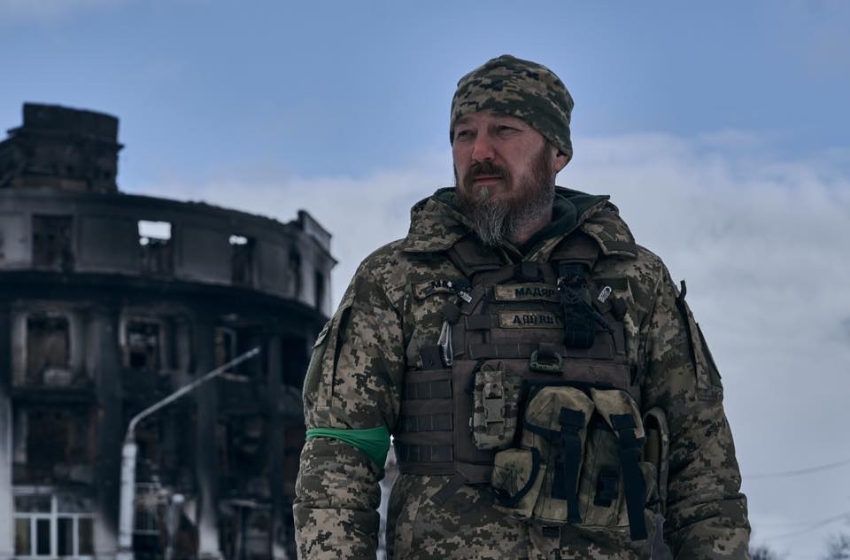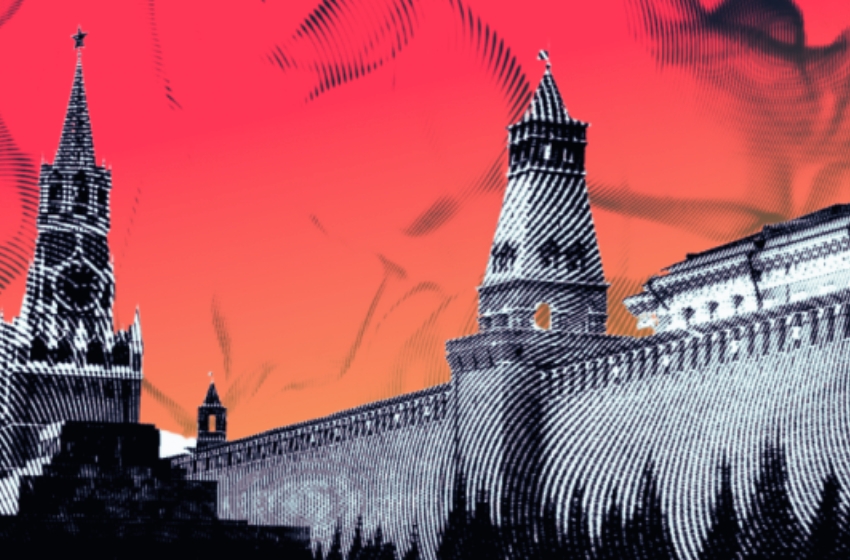The Odessans call it the "Masonic house" for the Masonry symbols on the portico of its façade. It is located at the corner of Knyazhskaya and Staroportofrankovskaya streets. This house was very important in the history of Odessa.
In 1864, the Odessa Society of Engineers and Architects, was founded in Odessa. It was one of the first technical societies in Russia. In 1871, on its basis, the Odessa branch of the Imperial Russian Technical Society (RTO) was created.

The design and construction of the department building was entrusted to the most prominent architects of Odessa at that time (who were also members of the RTO). The project was prepared by E.Ya. Mesner; the building was constructed by A.I. Bernardazzi, with the participation of architects A.D. Todorov and N.K. Tolvinsky and engineers P.S. Chekhovich and M.M. Dieterichs. The interiors were designed by Hermann Shevrembrandt, who used rich materials (mahogany, stucco) for the decoration. The construction began in 1887 and was completed in 1892.

The "School of Foremen" at the Russian Technical Society in Odessa
A little later, namely in 1901–02, according to the project of the architect S.A. Landesman, the builder G.F. Lonsky, with the participation of engineers P.S. Chekhovich and V.B. Orlovsky, a new building was added at the Russian Technical society, also called, the School of Foremen.
The buildings were built in the "brick style", that became popular in the second half of the 19th century. The characteristic features of this style were the use of bricks of various shapes, colours and sizes as a finishing material (without the use of plaster) and as elements of decoration of buildings.
The department had several sections, the number of which constantly increased, with the development of science and the emergence of new fields of knowledge. By the end of the society's existence, there were 13 sections in it: construction, chemical, mechanical, mining, naval, military, photographic, commission on technical education, economic, architectural, sanitary and technical; electrical and aeronautical and automotive section. The department carried out scientific and educational work, famous scientists were invited to teach at the school at the department and to give lectures.
In September 15, 1897, within the walls of the RTO, the inventor of radio A.S. Popov, within the framework of the "IV Consultative Congress of Railway Electrical Engineers and Representatives of the Telegraph Service of the Russian Railways", carried out experiments on "wireless transmission of dispatches." In addition to delegates, who arrived from all over the Empire, the report was attended by workers of the postal and telegraph department of Odessa, officers of technical troops, commanders and officers of ships in the Odessa port and on the roads, teachers and students.

At school, along with special disciplines, they studied general subjects. Russian literature, for example, was taught at one time by P.V. Kataev, the father of the writers Valentin Kataev and Yevgeny Petrov. The future rocket scientist, academician S.P.Korolev studied in this building.
The training carried out, delivered better than in state educational institutions, made it possible for children from low-income families to acquire a working profession and improve the already existing qualifications of adult workers for a relatively moderate fee.
In 1912, an evening school for adult women of Anna Andreevna Mironovich was opened at the RTO, in which nine teachers taught. In 1914, at the address of the Society, there was a city primary school No. 80. After the start of the Great War, the Society created "Courses for crippled soldiers", in which the wounded could learn new professions.
On August 11, 1904, the “Moving Museum of Visual Teaching Aids†was opened in the building. The museum contained a collection of samples of devices and preparations in various branches of knowledge, technical, industrial, and handicraft industries and arts.
Visual teaching aids, workshops for the production of manuals and a library were of museum value. The museum served as a kind of central warehouse for teaching aids for the Odessa region, from which grants for temporary use were issued. The museum served free of charge public schools, evening, Sunday and Saturday courses for workers; all other educational institutions - for a fee.
Workshops for the production of visual aids were set up at the museum. In the zoological workshop, macroscopic and microscopic preparations were made for zoology and other branches of natural science. The physical and mechanical workshop accepted orders for the manufacture of all kinds of physical instruments, accessories for laboratories and scientific offices. Black-and-white and colour transparencies were made in a specialised workshop. The prices for instruments and aids produced by workshops for sale were significantly lower than those of other firms.

On August 31, 1920, the Provincial Revolutionary Committee adopted a resolution to liquidate the Odessa branch of the former Imperial Russian Technical Society. All of its departments with sections were distributed between different departments. In Soviet times, the building of the former RTO housed the Institute of Rare Metals and a pilot production facility of the FKhI of the Ukrainian SSR Academy of Sciences.
In the memoirs of S. Richter, he mentioned his first public concert, on February 19, 1934, which was given in the "House of the Engineer, famous in Odessa". By this name the great pianist had in mind precisely the "Masonic House".
The legend of Freemasonry presence in Odessa
It is believed that the house got this name for its characteristic decor, reminiscent of the symbolism of "Freemasons". The brick style itself, many Masonic symbols both in the decoration of the facades and in the interior, only confirm the correctness of this name. Symbols are, first of all, the working tools of the Freemasons, who called themselves the "Architects of the Universe": compasses and squares in various combinations, a plumb line, a trowel, a hammer, an apron, gloves. On the shield, on the portico of the facade, under the letters TO (Technical Society), the inscription of the Society's motto "Measure, Weight, Number"

The Masonic House remained abandoned for years and was gradually deteriorating. In August 2015, the Odessa Regional Council sold, on the third attempt, the property at an auction to Ruslan Tarpan's Art Building Group for UAH 1.6 million (about $ 70,000). A price of a decent two-room apartment in a residential area of ​​Odessa, not an architectural monument, a two-storey stone house with a total area of ​​over 1100 sq.m. Certainly, the building was in bad condition. The drainage system, electric heating networks, household and drainage systems not used for a long time. The condition of the sale was that Art Building Group undertook the restauration of the monument in its authentic form.

However, Ruslan Tarpan was never able to get the ownership of the house. The Odessa Regional Administration's Cultural Heritage Protection Department, when Mikhail Saakashvili was governor, refused to sign the protection agreement necessary to complete the purchase. On July 20, 2016, the roof collapsed. Many rich decorative elements have been lost. The head of the State Emergency Service in the Odessa region, Alexander Kritsky, said that some residents of Odessa dismantled the building and, consequently, it fell down.

Pictures from Dumskaya.net





















